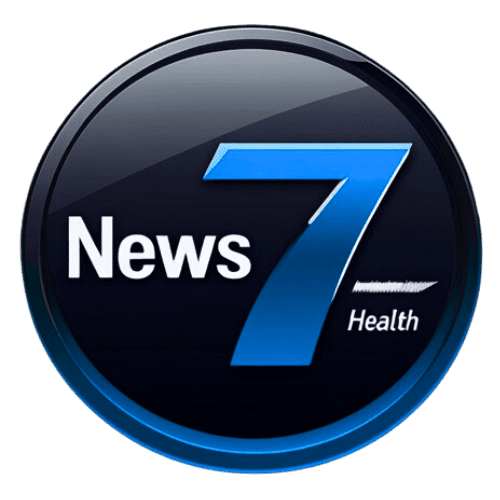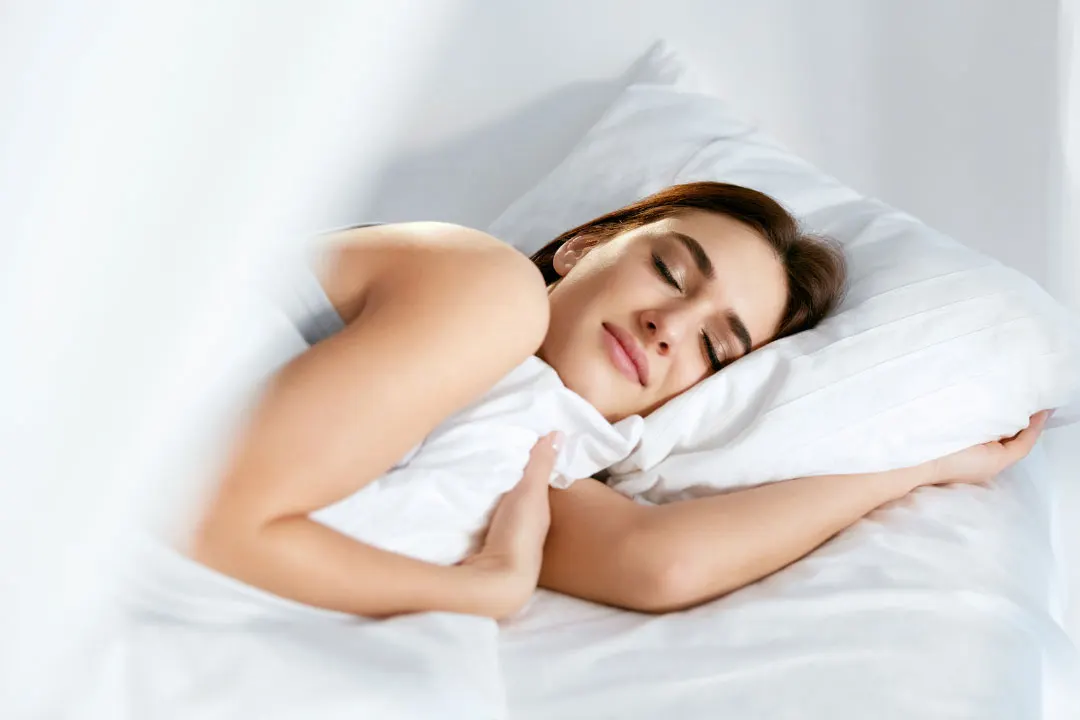Wake up! While Benadryl is commonly used as a sleep aid, there are better approaches that can provide similar benefits without the potential side effects. This comprehensive guide explores various science-backed antihistamine alternatives to induce sleep and achieve optimal rest.
Sleep problems are not uncommon in America. In fact, they’re so common that in 2022, 50 to 70 Americans of all ages and various socioeconomic backgrounds reported having sleep issues. Additionally, 70% of adults reported that they obtained insufficient sleep at least one night a month, and 11% reported poor sleep every night. Nearly 40% of adults fall asleep during the day without meaning to at least once a month, according to the Centers for Disease Control (CDC).
These issues are detrimental to the health and well-being of the US population. Not getting enough quality sleep can result in poor reaction times, affected learning abilities, and lack of alertness as well as poor mood, hand-eye coordination, and short-term memory. Excessive sleepiness can cause job accidents and car crashes. We spend a third of our lives sleeping, and it is a significant problem that we’re not getting enough quality rest.
You May Also Like:
Spring Valley Probiotic Multi Enzymes vs Friska Probiotic/Enzyme Formulations
Battle of the Oceans: Unveiling the Truth Behind Costco Omega 3 vs. Kori Krill Oil
Furthermore, it is costing us money. As of 2021, U.S. healthcare spending “grew 2.7 percent in 2021, reaching $4.3 trillion or $12,914 per person.” Sleep disorder treatment can cost hundreds or even thousands of dollars.
What can be done to rectify this situation? There are several options.
Antihistamine Alternatives As Sleep Aids: Our Complete Guide is an original (News7Nealth) article.
The history and popularity of using antihistamines as a sleep aid
Antihistamines like Benadryl are a popular over-the-counter solution to common sleep issues. They’re affordable and widely available in most stores. Although they’re mainly used to treat allergies and hay fever, they can induce drowsiness in the user, inducing sleep. This effect is achieved by suppressing histamine chemicals in the body’s central nervous system, hence the name antihistamine.
The problem with repeatedly using antihistamines as sleep aids is their potential to become habit-forming. You may quickly develop a tolerance for these drugs, meaning you need to take large amounts to experience the same effect. They also have some unpleasant side effects like gastrointestinal distress, nausea, headache as well as dry mouth, nose, or throat.
We have compiled a list of viable antihistamine alternatives that are non-addictive, supported by scientific research, and may help you get to sleep at night.
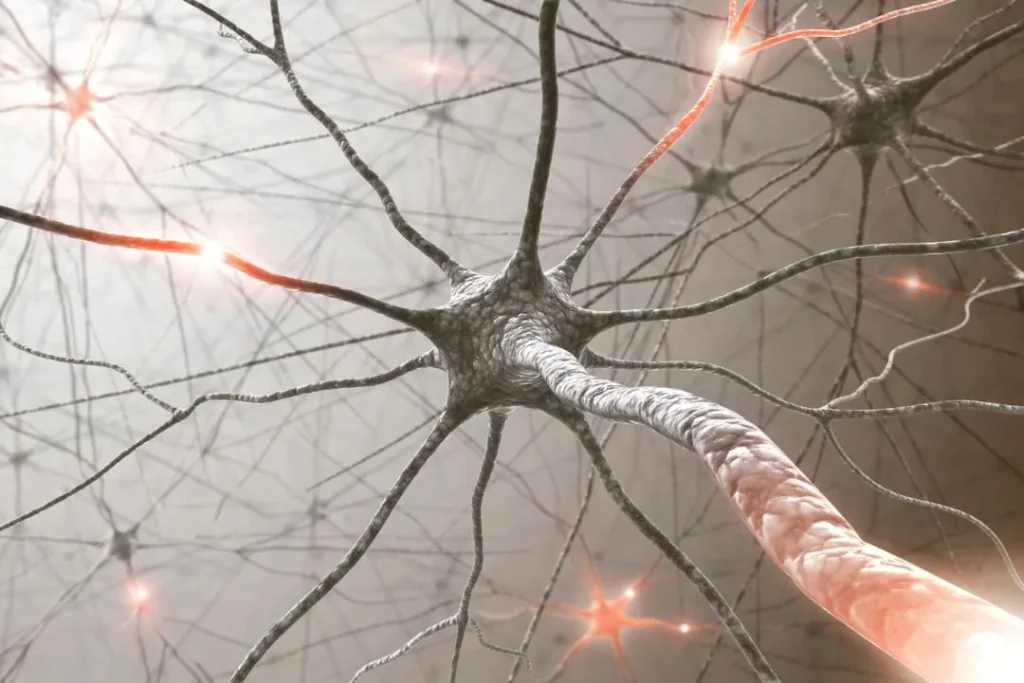
Antihistamine alternatives:
Chamomile
Popular as a tea, sipping on a warm cup of chamomile can have a sedative effect, making it an ideal sleep aid. It contains apigenin, an antioxidant that binds to certain receptors in your brain that may promote sleepiness. It may even have a mitigating effect on depression, which is often linked to sleep problems.
Antihistamine alternatives:
Passionflower
Concerning mental health issues and poor sleep, don’t pass on passionflower as a solution to your sleep woes. This plant has traditionally been used to treat anxiety and depression and is still used today to treat these issues. This is most likely due to its effect on gamma-aminobutyric acid or GABA activity. GABA is a neurotransmitter that reduces brain activity and relaxes the body and mind, enabling you to fall and stay asleep. By boosting GABA activity or GABA levels in the body, passionflower may further encourage relaxation and sleepiness.
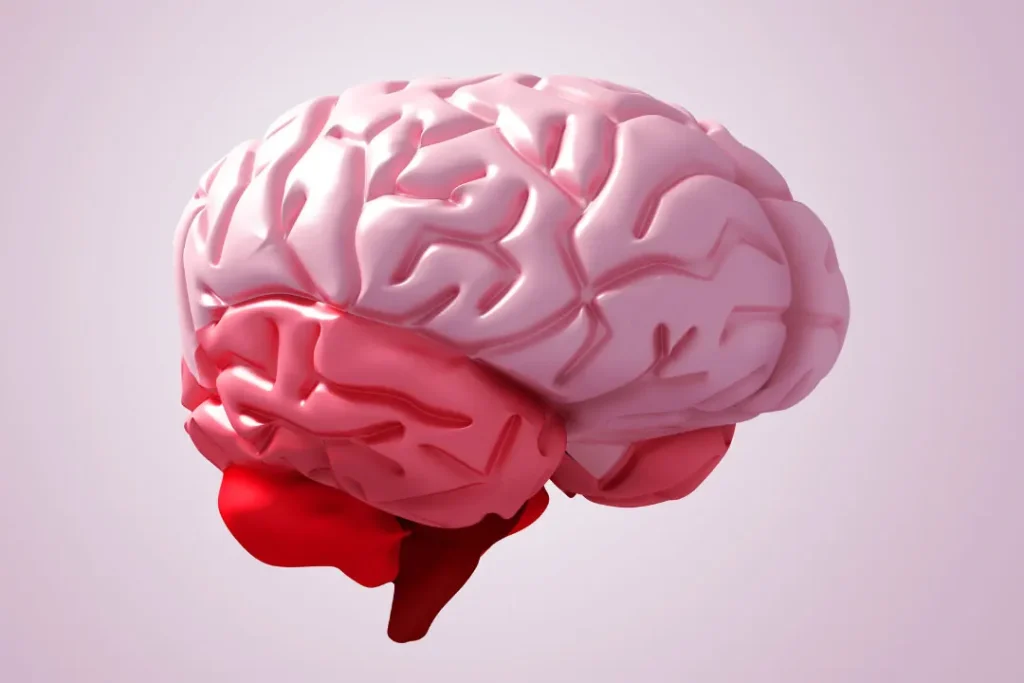
Antihistamine alternatives:
Valerian root
Valerian root may also impact GABA. Similarly to passionflower, valerian root is an herbal supplement that has been traditionally used to treat mental health issues. Those who experience menstruation may additionally benefit from valerian root, which has been used to treat premenstrual syndrome (PMS) and menopause symptoms. These issues can make it difficult to fall asleep at night, further demonstrating valerian root’s effectiveness as a sleep aid.
Antihistamine alternatives:
Melatonin
Melatonin is a hormone that is naturally made by the body, distinguishing it from the other ingredients on this list. Its role is to regulate the body’s circadian rhythm and sleep-wake cycle, making melatonin supplements useful for rectifying jet lag and insomnia. When used correctly, melatonin can return the body to a regular pattern of sleep and wakefulness.
Antihistamine alternatives:
Multi-ingredient supplements
The ingredients we highlighted may be effective individually, but they can also work together for an increased impact on sleep. myPEAK’s DeltaSleep is a sleep aid supplement that contains all of the antihistamine alternatives mentioned above and more.
DeltaSleep “contains the synergistic combination of our special myPEAK-DeepSleep™ blend and scientifically proven ingredients to support your deep sleep and rejuvenation.” This 7-ingredient blend is all-natural and non-habit-forming. It is designed to work “with your natural system synergistically to promote deep wave sleep, the most restful type of sleep.” Additionally, DeltaSleep is vegan, plant-based, and non-GMO.
Furthermore, DeltaSleep has the added benefit of being third-party tested to ensure that it is made with high-quality ingredients that will be more easily absorbed by your body. It is formulated by physicians and manufactured in an FDA-registered facility. These qualities speak to the product’s legitimacy and ensure its effectiveness in mitigating sleep-related issues.
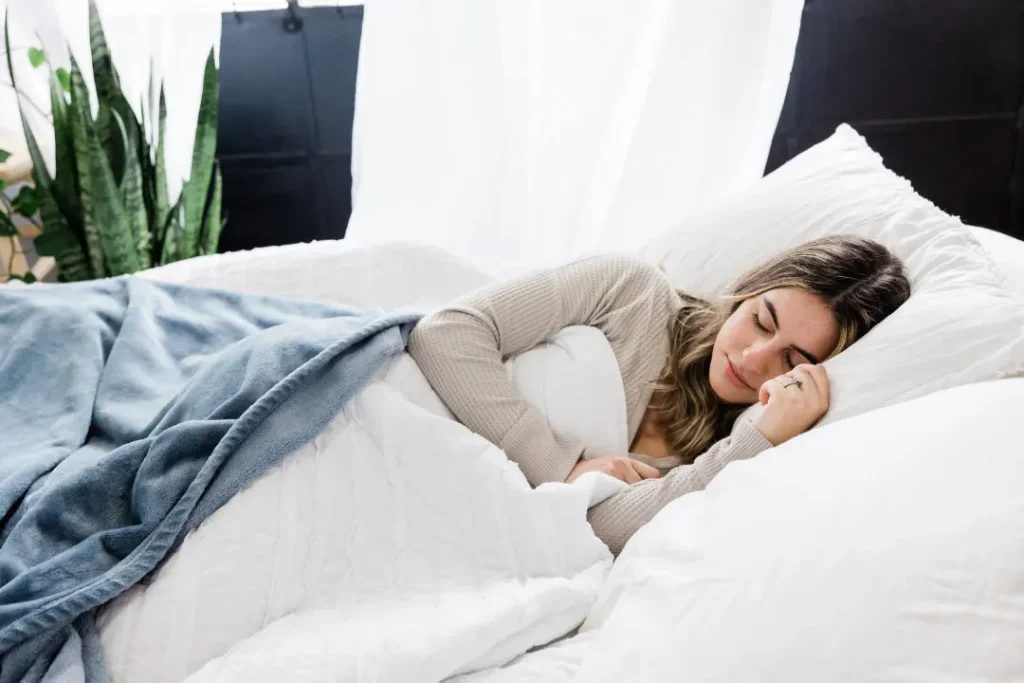
Building a great sleep plan
It is important to have multiple tools in your toolbox to help you improve your sleep. In addition to supplements, there are multiple methods that can be used to combat lack of sleep. You can develop a routine by going to bed at the same time each night and making sure your room is cool and dark. During the day, take care to get plenty of exercise. As far as diet is concerned, it is best to avoid eating large meals and consuming alcohol and caffeine before bed. Finally, you can limit time spent in front of screens like your smartphone, computer, or TV, as the blue light emission will make it difficult to sleep.
Having a multi-pronged approach to your sleep plan is key to making sure your body is getting all of the rest it needs.
Further Reading:
NBC News: Beating insomnia for a healthier heart: How improving sleep quality can lower risk
Fortune: Here’s the exact time you need to go to bed for a good night’s sleep, according to science
Baylor College of Medicine: Trouble sleeping? Experts say skip antihistamines
Important Note: The information contained in this article is for general informational purposes only,
and should not be construed as health or medical advice, nor is it intended to diagnose, prevent, treat,or cure any disease or health condition. Before embarking on any diet, fitness regimen, or program of nutritional supplementation, it is advisable to consult your healthcare professional in order to determine its safety and probable efficacy in terms of your individual state of health.
Regarding Nutritional SupplementsOr Other Non-Prescription Health Products: If any nutritional supplements or other non-prescription health products are mentioned in the foregoing article, any claims or statements made about them have not been evaluated by the U.S. Food and Drug Administration, and such nutritional supplements or other health products are not intended to
diagnose, treat, cure, or prevent any disease.
